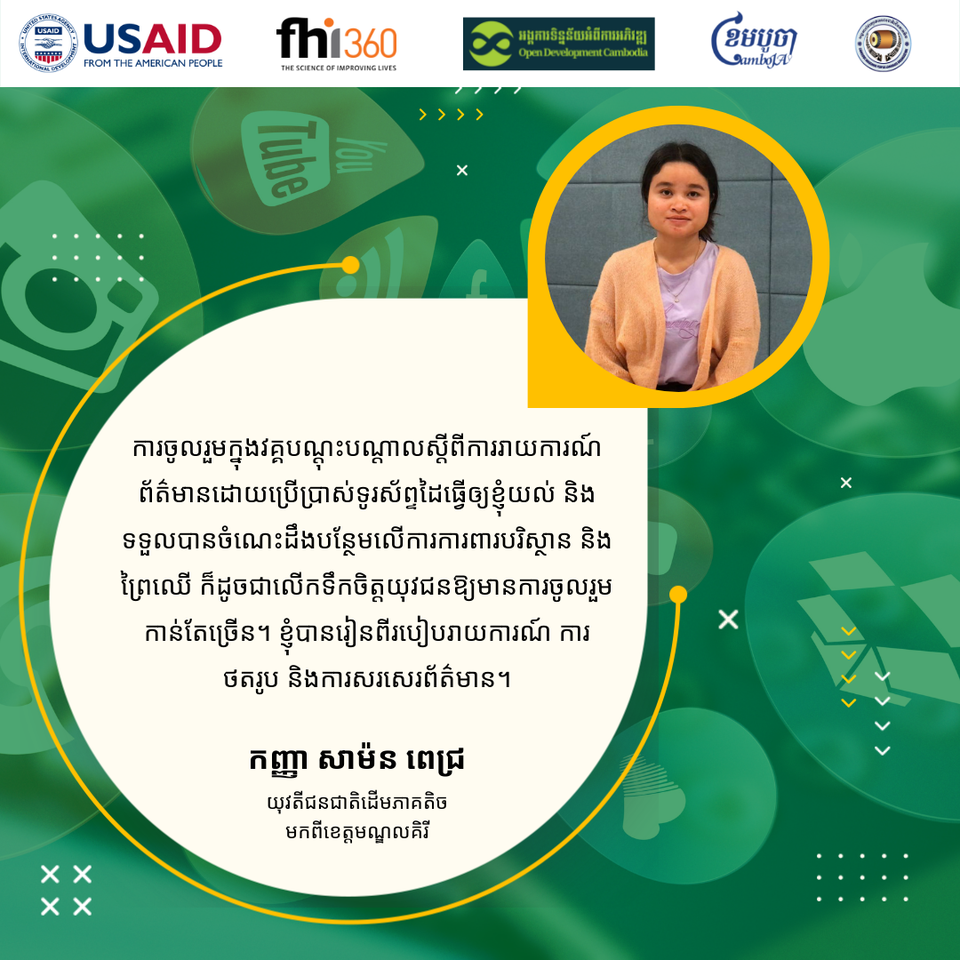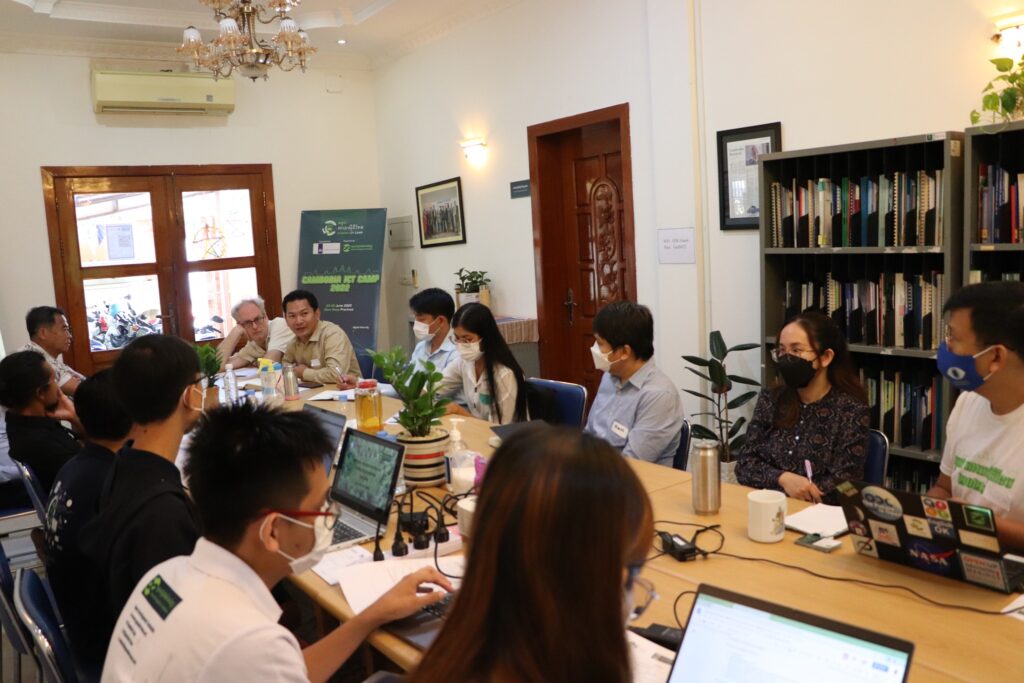The Initial Cluster Convention was held on September 13, 2022, at the FHI 360 Office in Phnom Penh, with 29 participants (10 females), including 06 indigenous peoples. The convention brought together media organizations, civil society organizations (CSOs), and community-based organizations (CBOs) working on indigenous peoples, natural resources, forestry, land, and the environment.
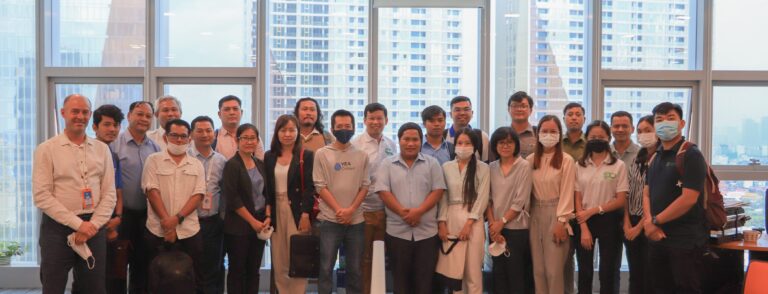
Open Development Cambodia (ODC) organized the convention, which was funded by the United States Agency for International Development (USAID) through Family Health International (FHI 360) as part of the Civil Society Support (CSS) Project: Cluster Anchor Grants. ODC is the anchor and collaborates with three cluster members: CamboJA, the Conserve Indigenous Peoples Language Organization (CIPL), and Young Eco Ambassadors (YEA). The project aims to make natural resource management (NRM) more sustainable, inclusive, and participatory by incorporating Indigenous Peoples’ needs and concerns. The projects contain 26 major activities. One of the important parts is the convention, which clusters members and the host of their network to share lessons learned, information, and prioritized issues on natural resource management, environment, forestry, land, indigenous peoples, Strategic Environmental Assessment (SEA), and Environmental Impact Assessment (EIA).
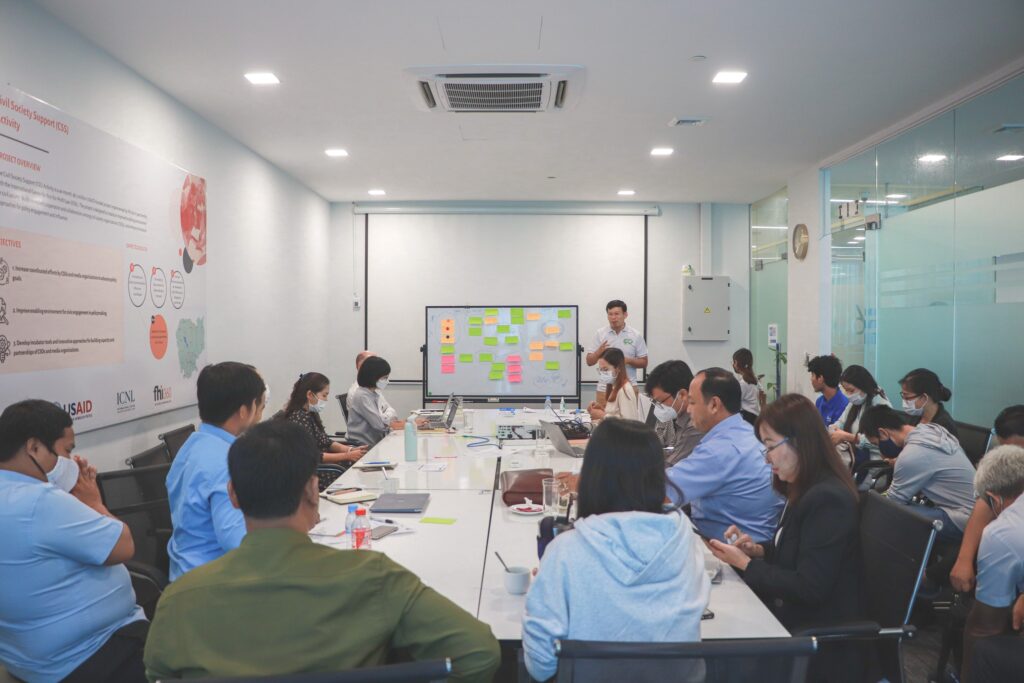
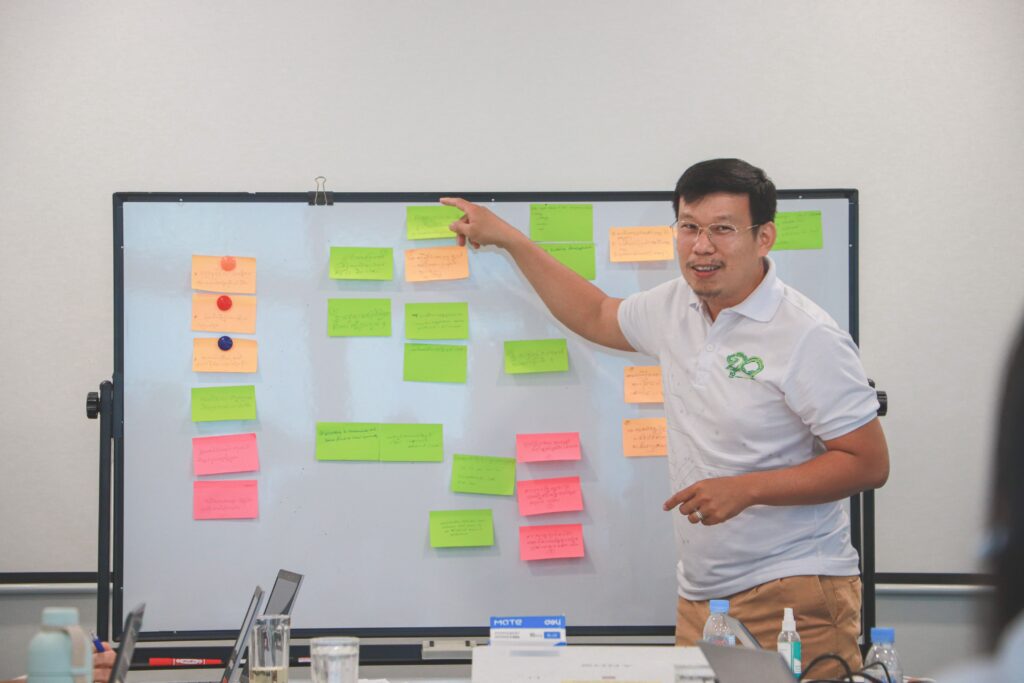
The cluster members will be integrated through physical meetings as a project initiative. ODC hosted the initial cluster convention, which brought together all cluster members and networks to build networks, learn from one another, map the effective strategy, and pave the way for future NRM advocacy activity in Cambodia. As a result, the initial cluster convention has four core objectives, including:
- Explaining the nature of cluster formation and the roles of each cluster
- Create a friendly learning and sharing environment for cluster members and their networks
- Keep current priority environmental issues, as well as environmental laws and regulations, up to date
- Encourage cluster members and stakeholders to work together.
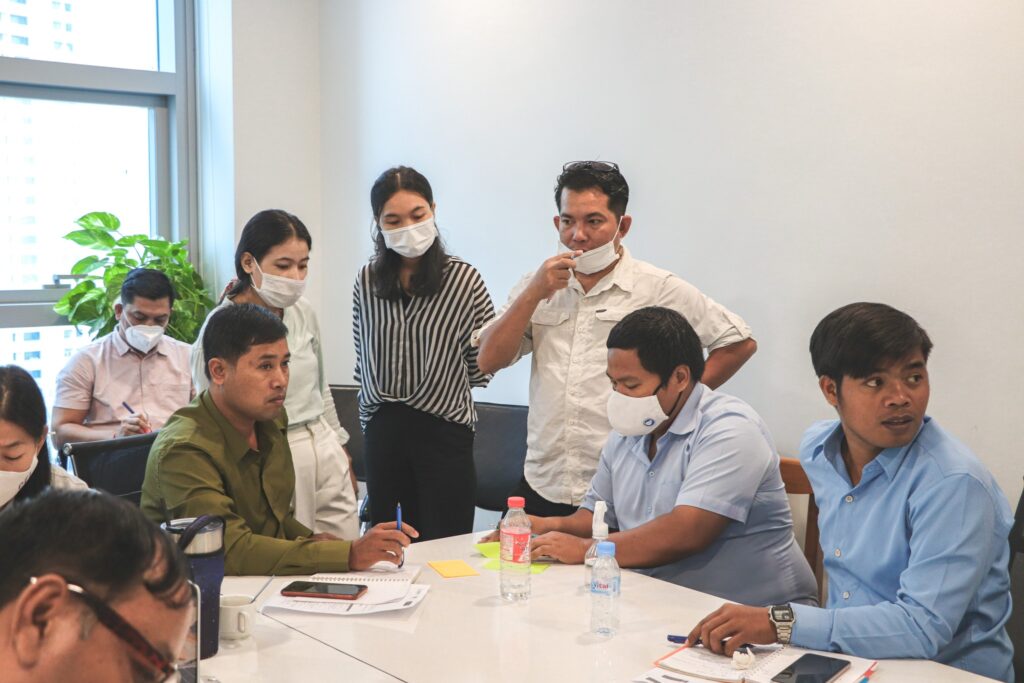
Natural resource management issues are arising in the country, particularly land grab and encroachment, economic land concession, communal land titling, forestry, and environment and social fund, among others. On the other hand, the prioritized issue could be related to forestry. Many CSOs fail to focus on the Investment Law, which is at the heart of the development project, causing many problems for local communities. The law should be thoroughly reviewed, particularly regarding indigenous peoples and natural resource management. If the law is not carefully studied, residents may face difficulties if there are any development projects or investments in their areas. The communities lack precise information on the development project and strategy that address the issues. Natural resources are indigenous peoples’ last hope; therefore, they must be protected. As a result, indigenous peoples should broaden their alliances in each campaign and workshop.
